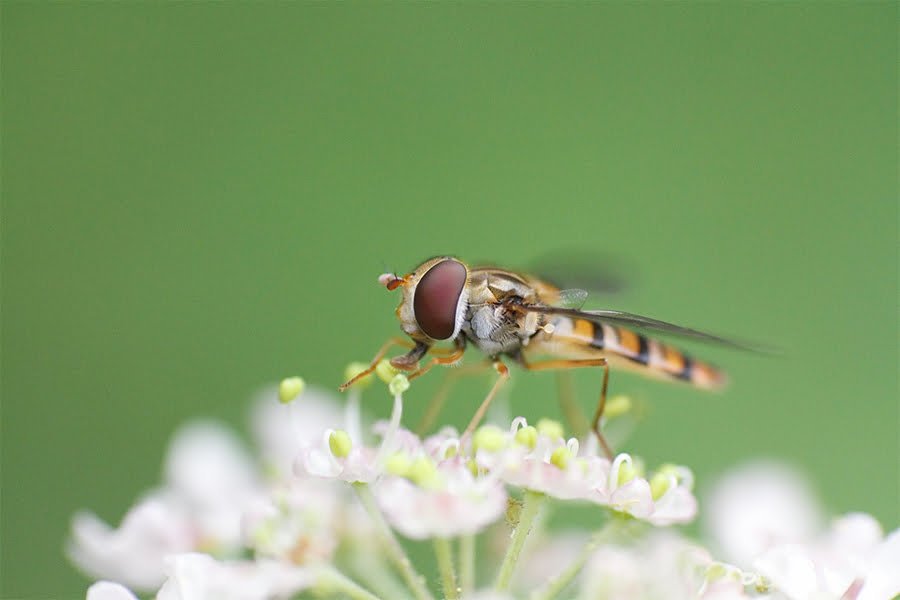
Ecology surveys are hugely important to understanding the unique ecosystems that are woven throughout our natural and built environments, whether for roosting bats, migratory birds or great crested newts. Surveys allow our ecologists to identify and monitor potential ecological constraints within a development and offer effective solutions to mitigate the impacts on a sites biodiversity. Biodiversity being vital because, it boosts ecosystem productivity, ensures natural sustainability and offers a greater resilience to the effects of climate change.
This is why TEP’s ecologists are leading the way with regard to local and national efforts in delivering biodiversity net gain. Our ecologists are closely involved in the consultation process with Natural England to develop the Defra 2.0 metric. We have successfully helped our clients to deliver biodiversity net gain on a range of projects. TEP also contributes to BREEAM assessments, to help clients meet sustainability targets under the BREEAM 2018 criteria. This may include the production of a long term management plan for a site, to ensure that the recommendations for biodiversity enhancement are carried out.
All of TEP’s ecology team are committed to delivering their service in a sustainable manner, complying with environmental legislation and the Chartered Institute of Ecology and Environmental Management’s (CIEEM’s) code of good practice. We recognise that reducing the use of non-renewable resources, the waste arising from our operations, and the impact of travel through the delivery of our service is essential. This is why during survey design and planning, our ecologists seek to minimise the number of site visits, by utilising suitably experienced ecologists and completing multiple surveys simultaneously. This is regularly achieved, for example, by completing a Phase 1 habitat survey with a preliminary bat roost assessment and badger survey during the same visit. Survey materials are also considered, such as creating traps for great crested newt surveys from recycled single use plastic drinks bottles, reusing them where possible and recycling them when no longer usable. We purchase equipment such as eDNA kits in bulk where feasible, to reduce courier mileage.
All these small gains go a long way to addressing TEP’s own sustainability targets. Importantly, our ecologists aid our clients in meeting their own carbon reduction commitments. TEP’s Ecology team is engaged in a range of projects that help our clients address climate change. This includes our Northern Roots project, which will be the UK’s largest urban farm and eco-park. TEP’s ecologists are advising which habitat creation measures will optimise the amount of carbon dioxide sequestered in vegetation, wetlands and soil, with the ambition that Northern Roots will be carbon-negative and contribute towards Oldham Council’s climate emergency actions.
To discover how our other teams are contributing to climate action follow the links the below:
Environmental Planning
GIS
Arboriculture
Landscape Design
Landscape Management
or to get in touch about your ecological enquiries, please email ecology@tep.uk.com








